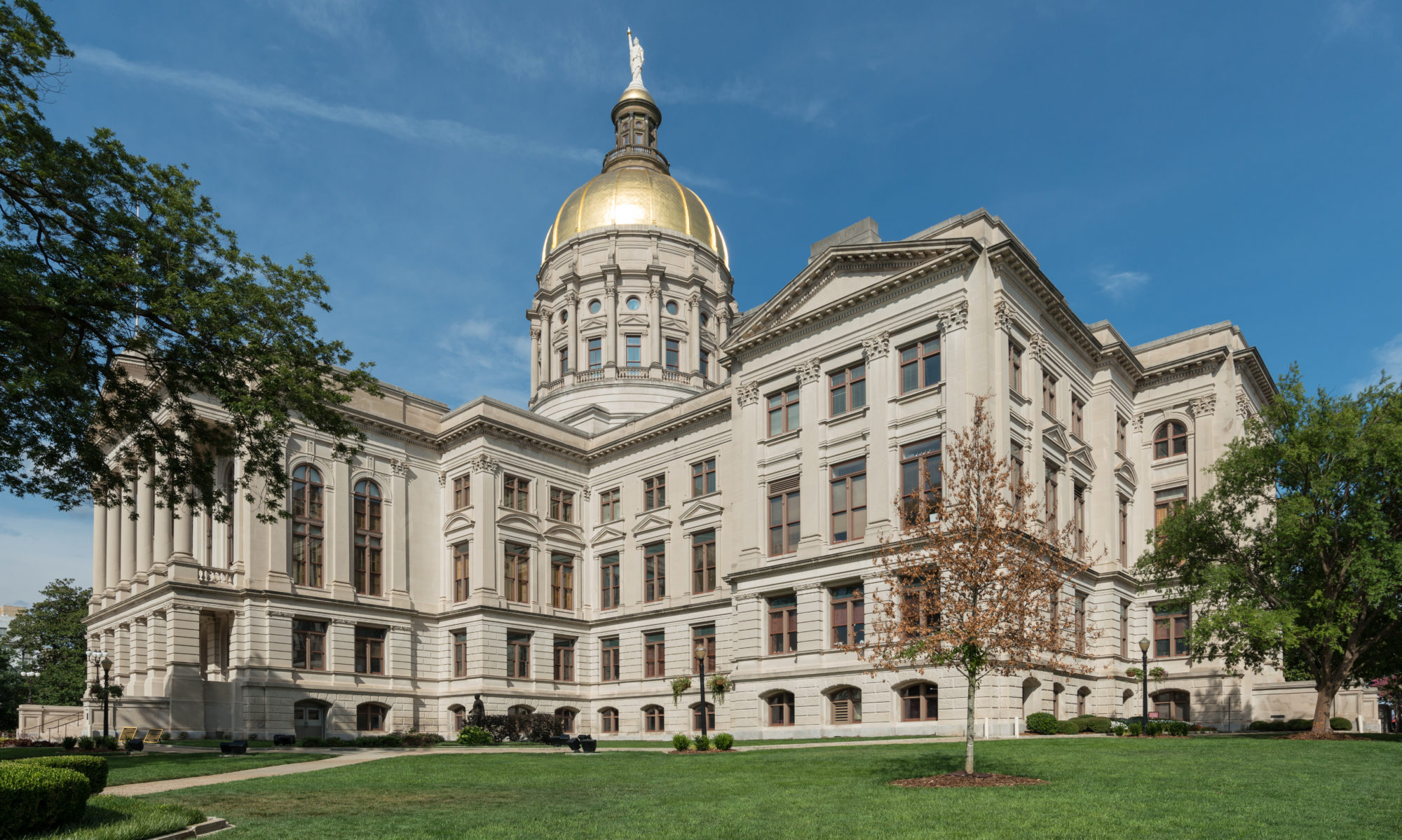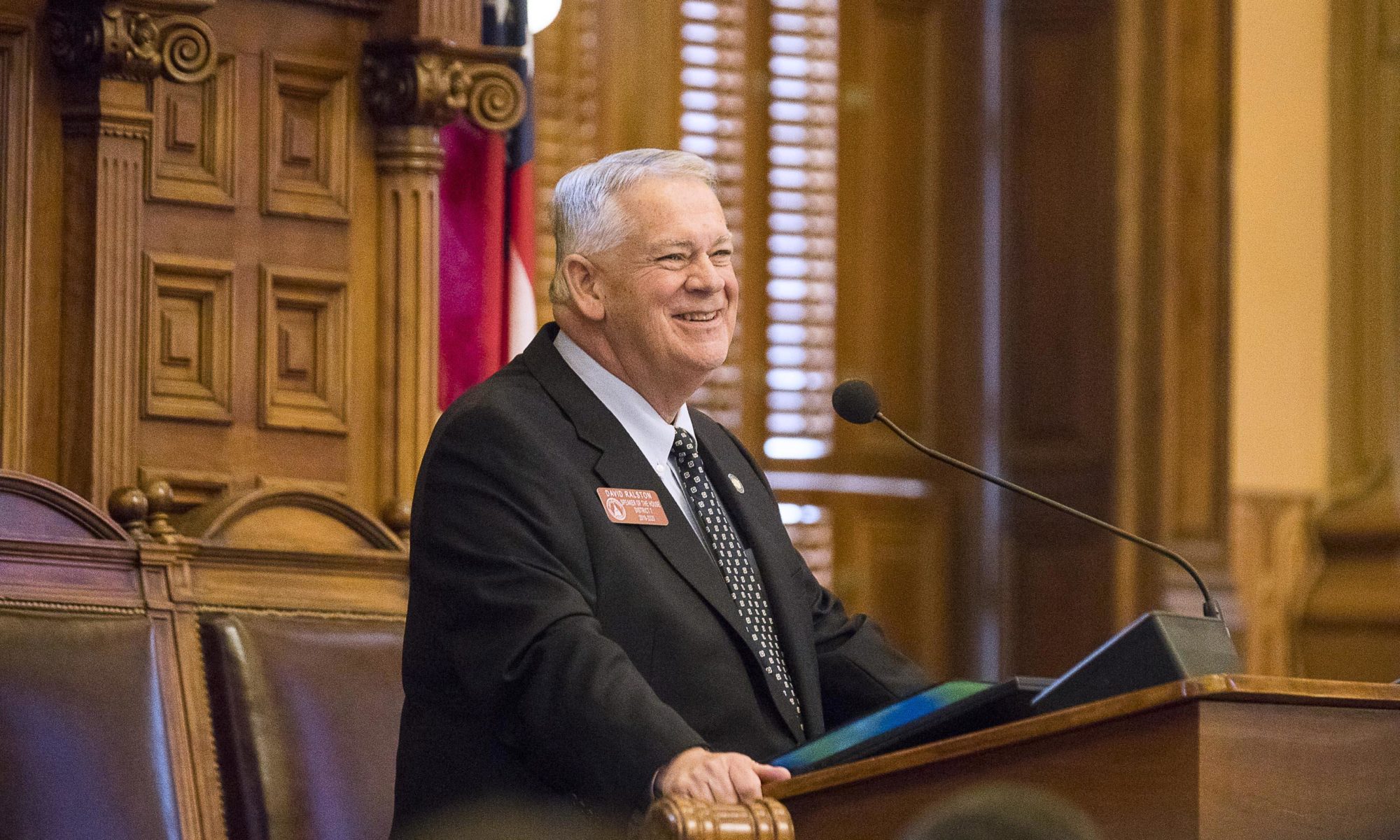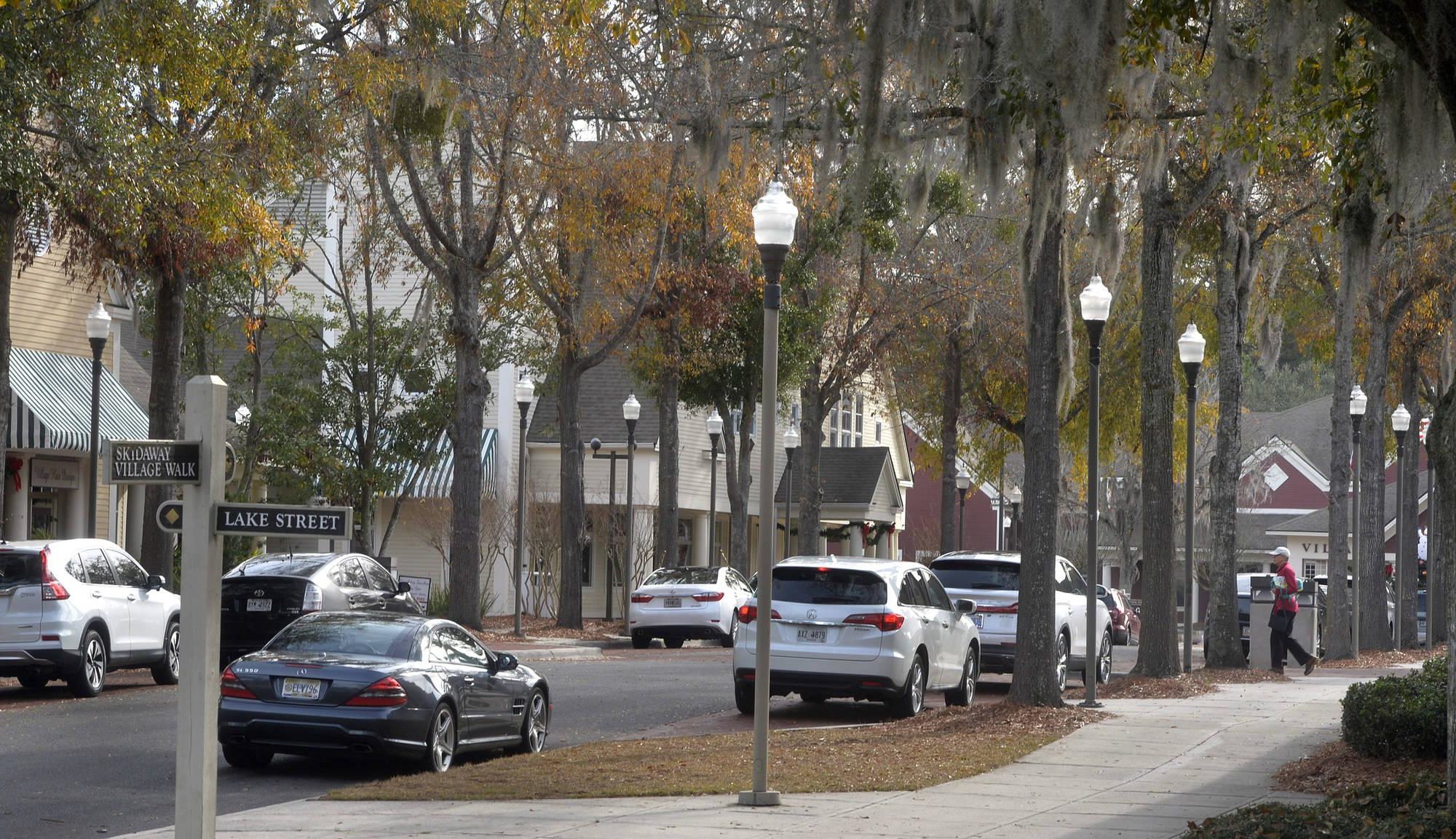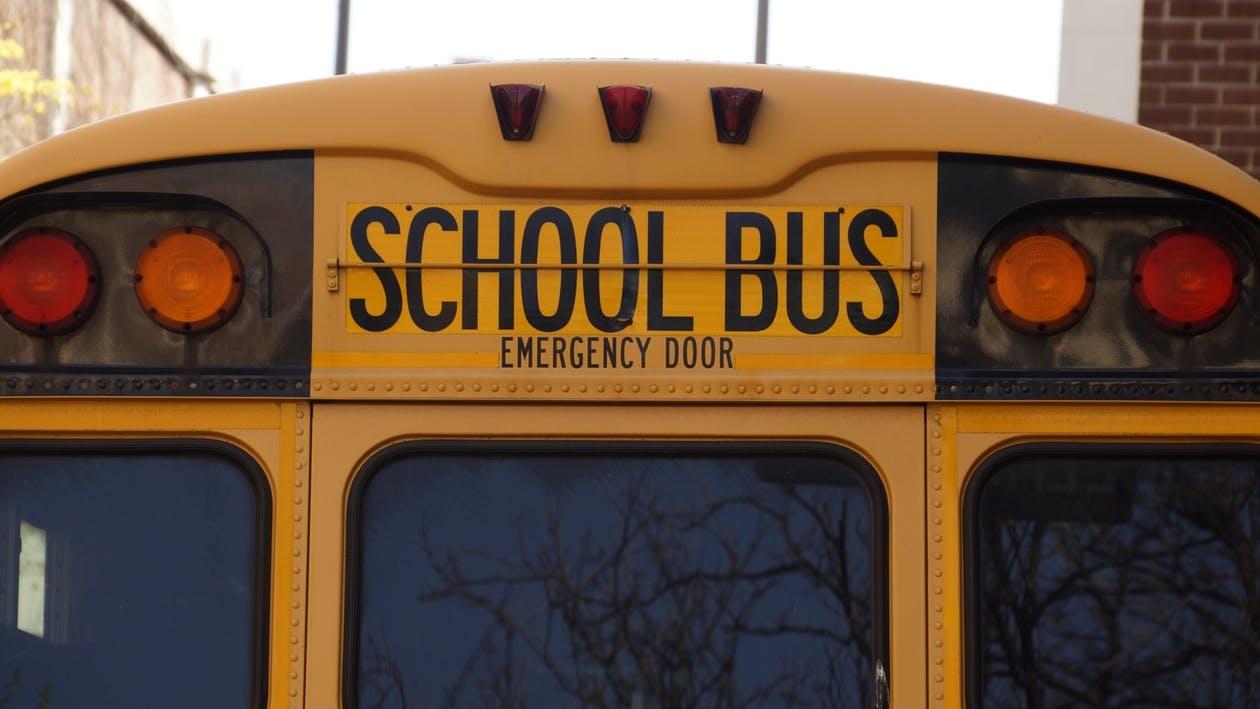Ask Georgia political insiders the name of our state’s most important leader right now, and they won’t mention our new governor or lieutenant governor or any of our elected officials in Washington, D.C.
Georgia House Speaker David Ralston is the state’s most powerful and influential politician at the moment. He’s led the House since 2010 and is respected across party lines for his pragmatism. Until Gov. Brian Kemp settles in and the scabs from November’s midterm elections flake away, Ralston speaks with the greatest authority.
Given his position and responsibility, Ralston must move immediately to address an issue that undermines his credibility.
Two weeks ago today, The Atlanta Journal-Constitution published an investigative report focused on Ralston’s law practice. Like all Georgia General Assembly members, Ralston is a citizen lawmaker, not a professional politician.
As House Speaker, he makes nearly $100,000, significantly more than the $17,342 paid to other members. Ralston, though, continues to work as a defense attorney back home in Blue Ridge, in the North Georgia mountains.
The newspaper investigation shows many of the Blue Ridge area’s biggest troublemakers have Ralston on retainer — and not necessarily because he’s a courtroom star. State law allows legislators to declare that court dates interfere with lawmaking duties and delay hearings, and Ralston exercises this power frequently, according to the report.
Defendants know this and also understand that delays weaken prosecutors’ cases against them. Frustrated victims move on. Witnesses forget details. Investigators move away from the area. Prosecutors become more amenable to plea deals.
The investigation cites many statistics and specifics, but here’s a summary: Ralston filed 57 requests for continuances involving 21 cases over a two-year period. Of the 93 days he begged off, 76 of those did not conflict with legislative sessions.
Granted, the speaker’s duties extend beyond presiding over the House chamber. Every legislator will tell you serving in the legislature is equivalent to a full-time job, even as the session generally lasts only three months a year. The speaker’s role is even more intensive.
But Ralston the lawyer has an ethical responsibility not just to his clients but to the judicial system. One of the tenets of the process is the right to a speedy trial — see Amendment VI of the U.S. Constitution. And while this law is meant to protect defendants, it also applies to victims.
Ralston’s scheduling practices would appear to victimize the victims.
Slow reaction
Ralston’s response to the revelations is evolving.
He declined an interview with the Atlanta newspaper prior to the story being published. Since the news went public, he’s attacked the media and invoked references to how Justice Brett Kavanaugh was treated during his Supreme Court nomination hearings.
Never mind that the Atlanta Journal-Constitution was able to document Ralston’s delay requests through the state’s open records laws. Or that Ralston declined to share his work calendars with reporters or respond to inquiries about his whereabouts on missed court dates.
It took a mini-uprising within the House Republican ranks to shake Ralston. Ten GOP House members, including a committee chairman, signed a resolution calling on Ralston to resign. The Speaker reacted Monday by announcing the creation of a bipartisan panel to review the legislative leave law that has allowed him to stretch out so many trials.
He also pledged to take on no new defendants until his delayed cases are adjudicated.
A call for changes
Count this editorial board among those opposed to Ralston stepping down.
He’s much too important to the legislative process, particularly right now, midway through the 2019 term and nine days out from crossover day, the point in every session after which the House focuses on bills that have already passed the Senate.
But Ralston must change his habits away from the Georgia Capitol. Those accused of serious crimes — child molestation, assault, domestic abuse, drunk driving — are taking advantage of his position to escape justice.
Ralston can remedy the situation by devoting more time to his practice or by taking on what is known in legal circles as a “second chair,” an attorney who assists the lead attorney. This assistant often handles preliminary hearings and proceedings.











